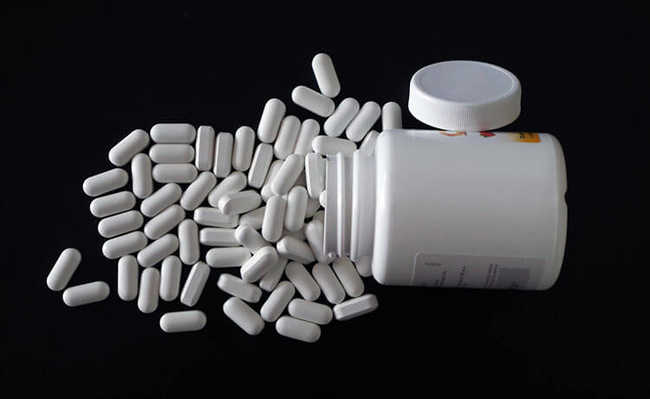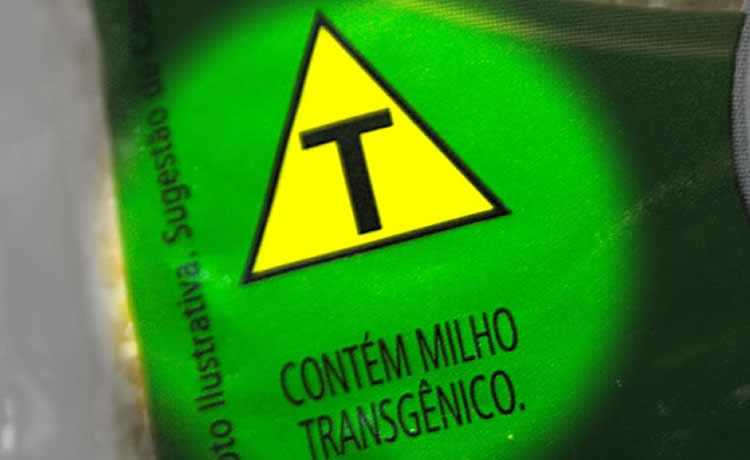Vitamin B12: know what it's for
Forgotten by many, vitamin B12 performs very important functions for the body

Ajale image by Pixabay
Vitamin B12, or cobalamin, is one of the eight B-complex vitamins. It is found in foods of animal origin (except honey), such as red meat, seafood, fish, eggs and milk, and is responsible for important functions on body. Vitamin B12 deficiency is difficult to diagnose, but it can cause serious conditions such as megaloblastic anemia and pernicious anemia. Specific groups in society, such as vegetarians and vegans who do not supplement and people over 50 years of age, are the most vulnerable to vitamin B12 deficiency.
Vitamin B12 Functions
- All the B-complex vitamins convert carbohydrates into glucose, that is, they aid in the body's energy production process;
- It is especially important for keeping nerve cells healthy and helping to produce the body's genetic material, DNA and RNA;
- In conjunction with vitamin B9, or folic acid, vitamin B12 helps maintain iron in the body and aids in the production of red blood cells, so its deficiency is associated with pernicious anemia. In addition, the two vitamins also work in the production of white blood cells, one of the immune system's lines of defense;
- Vitamin B12, along with other B-complex vitamins, work to control levels of homocysteine, an amino acid often associated with heart disease.
Lack of vitamin B12
The body can store vitamin B12 for a period of three to five years, making symptoms of its deficiency difficult to notice. The signs are varied and generalized, and may appear differently for each one. Some of them are:
- Fatigue;
- Shortness of breathe;
- Diarrhea;
- Nervousness;
- Numbness;
- Appetite and weight loss;
- Reduction in cognitive ability (confusion, concentration, memory and attention);
- Tingling in the fingers and toes.
As a vitamin linked to blood production, the first signs of its deficiency are confusion, weakness and fatigue. Studies show that the consumption of contraceptives that contain high levels of estrogen is strongly associated with vitamin B12 and B6 deficiency.
Alcohol consumption also plays a role in vitamin B12 deficiency. Depending on the amount of alcohol consumed, the level of stomach acid may decrease, making it difficult for the vitamin to be absorbed into the blood.
You have to keep your eyes open. According to the University of Maryland Medical Center, USA, consumption in high doses of vitamin B9 (folic acid) can mask vitamin B12 deficiency, an already difficult condition to diagnose. To learn more about vitamin deficiency, check out the article "Vitamin deficiency: learn about nutrients that can help you have a healthier diet".
The only way to confirm the diagnosis of vitamin B12 deficiency is through blood tests. That's why it's important to have routine checkups with your GP, especially if you belong to at-risk groups.
Groups of risk
People over 50 produce less stomach acid, which is the key to vitamin B12 absorption. This, in addition to the lack of appetite that accompanies age, makes it even more important to check vitamin B12 levels whenever possible. There are cases of patients with extreme difficulties in absorbing the protein - in this case, doctors recommend the use of vitamin B12 injections. If you are 50 years or older, seek medical advice or a nutritionist to supplement B12B. Lack of this vitamin can predispose to dementia and Alzheimer's disease.
Also, according to the vegan doctor and nutritionist and member of the Brazilian Vegetarian Society Eric Slywitch, vegetarians and vegans should supplement vitamin B12. This goes for pregnant women, children, youth and adults. It is necessary to consult a nutritionist or nutritionist to adjust the dose, as most B12 packages in Brazilian pharmacies offer very low doses, usually 2.4 mcg. Depending on the person, whether they are physically active or not, 1,000 or 2,000 mcg may be needed.
Where to find
Vitamin B12 is not produced by the body and is found naturally only in foods of animal origin. As it is absorbed and stored in the liver of animals, there is the greatest amount of the vitamin. Thus, foods such as beef liver and chicken liver fillet have a lot of vitamin B12; other types of beef and chicken have vitamin B12, but in lesser amounts. It can also be found in eggs and other fish such as salmon, herring and trout.
- Salmon: an unhealthy meat
- Ghost fishing: the invisible danger of fishing nets
As mentioned before, there are vitamin B12 fortified foods such as breakfast cereals, soy products, non-dairy soy protein-based infant formulas, infant feeding cereals, powdered chocolates and peanut cream. In addition to the supplements themselves that can be used by people who avoid consuming animals and their derivatives, such as vegetarians.










